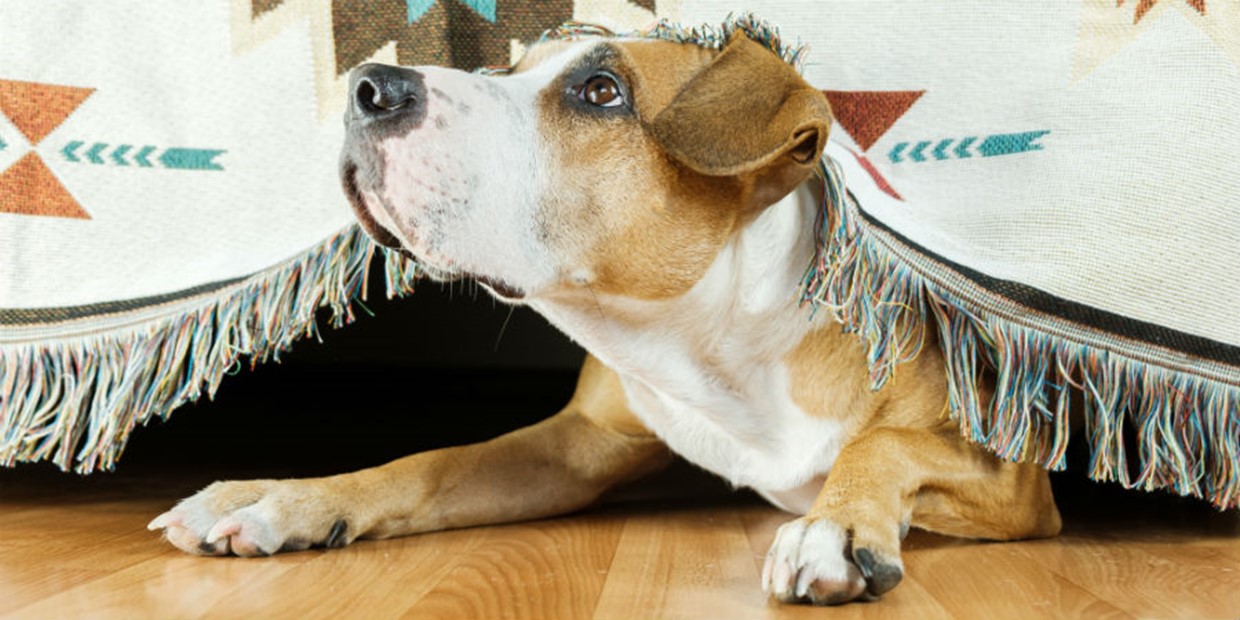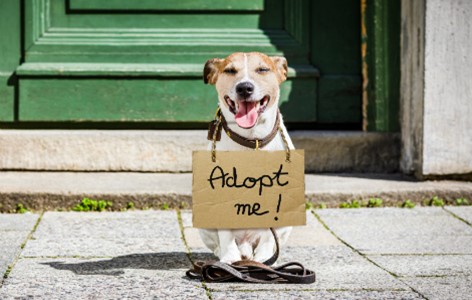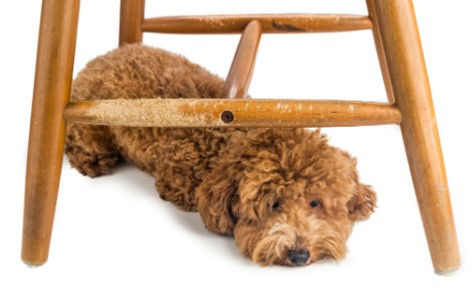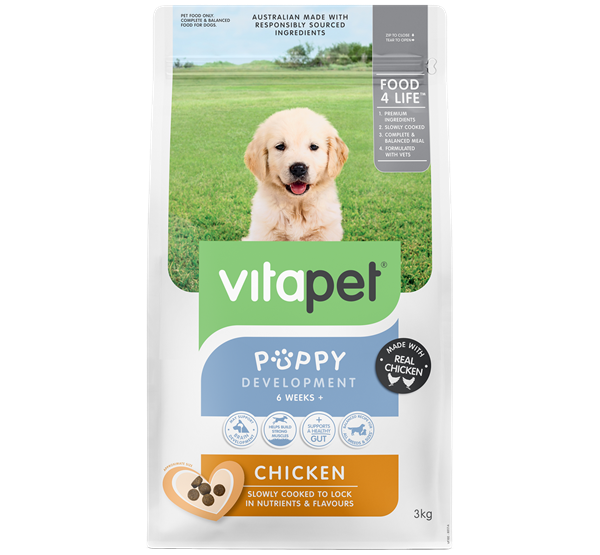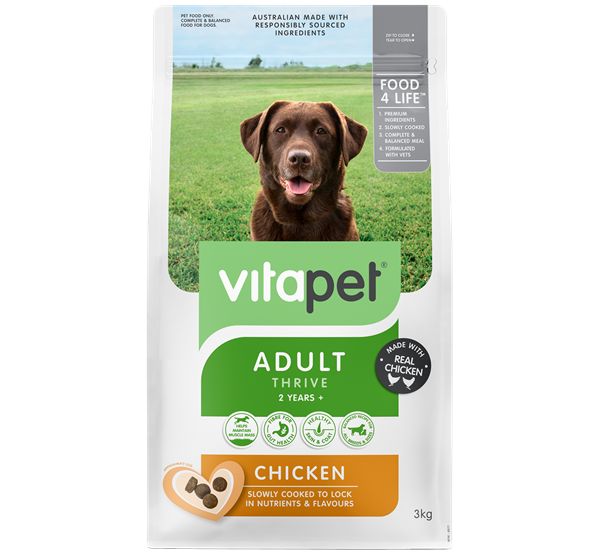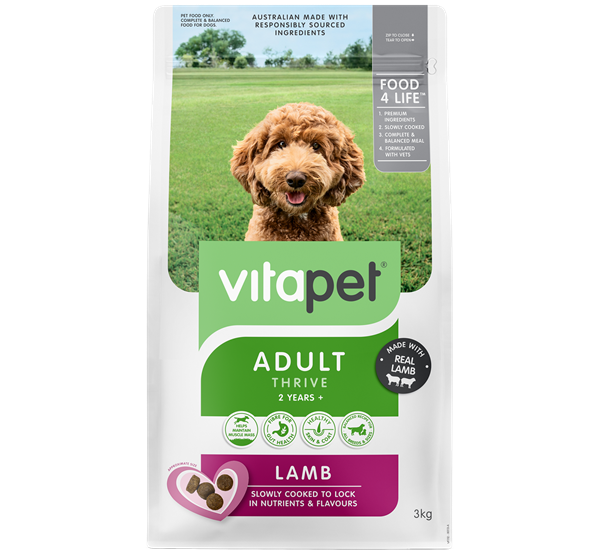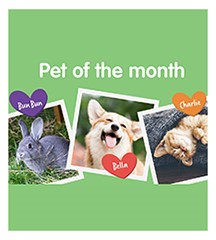Separation Anxiety in Dogs
Dr Jess Beer, pet behaviourist, talks about separation anxiety in dogs and puppies, and what steps you can take to minimise this stress or overcome it.
What's causing the anxiety?
Separation anxiety can often be driven by the fear of abandonment - which is quite heartbreaking. Often your dog may anticipate that you're leaving; things like locking the windows, or picking up your keys, could make them start to worry. So throughout the day, do some of the things that you normally do before leaving home and give them a reward for not being too worried about it. Like picking up your keys, jingle them around, and then give your dog a reward and then keep going about your day. Try to identify exactly what the cues are and then reward your dog for handling those cues well.
Some Tips for Managing Separation Anxiety in your Puppy or Dog
Tip 1: Involves building up your pet's tolerance to small periods of time alone, even if just for half an hour. Teach your pet to go and relax in their bed, and give them a small treat so that you can leave the room for 5 or 10 minutes.
Tip 2: Try to set your home up so that it feels like a safe place to be. Try putting on some soft and calm music to keep them relaxed while you're gone - and make sure they have a treat or a toy to keep them entertained.
Tip 3: If you're worried about your pet while you're away, set up a camera so that you can see how they're behaving and how they're feeling while they're along. From that you can start to understand if they're just bored and getting up to mischief or if they're genuinely anxious. If they are indeed looking and acting anxious; panting, drooling or looking worried, then we recommend speaking with your vet.












